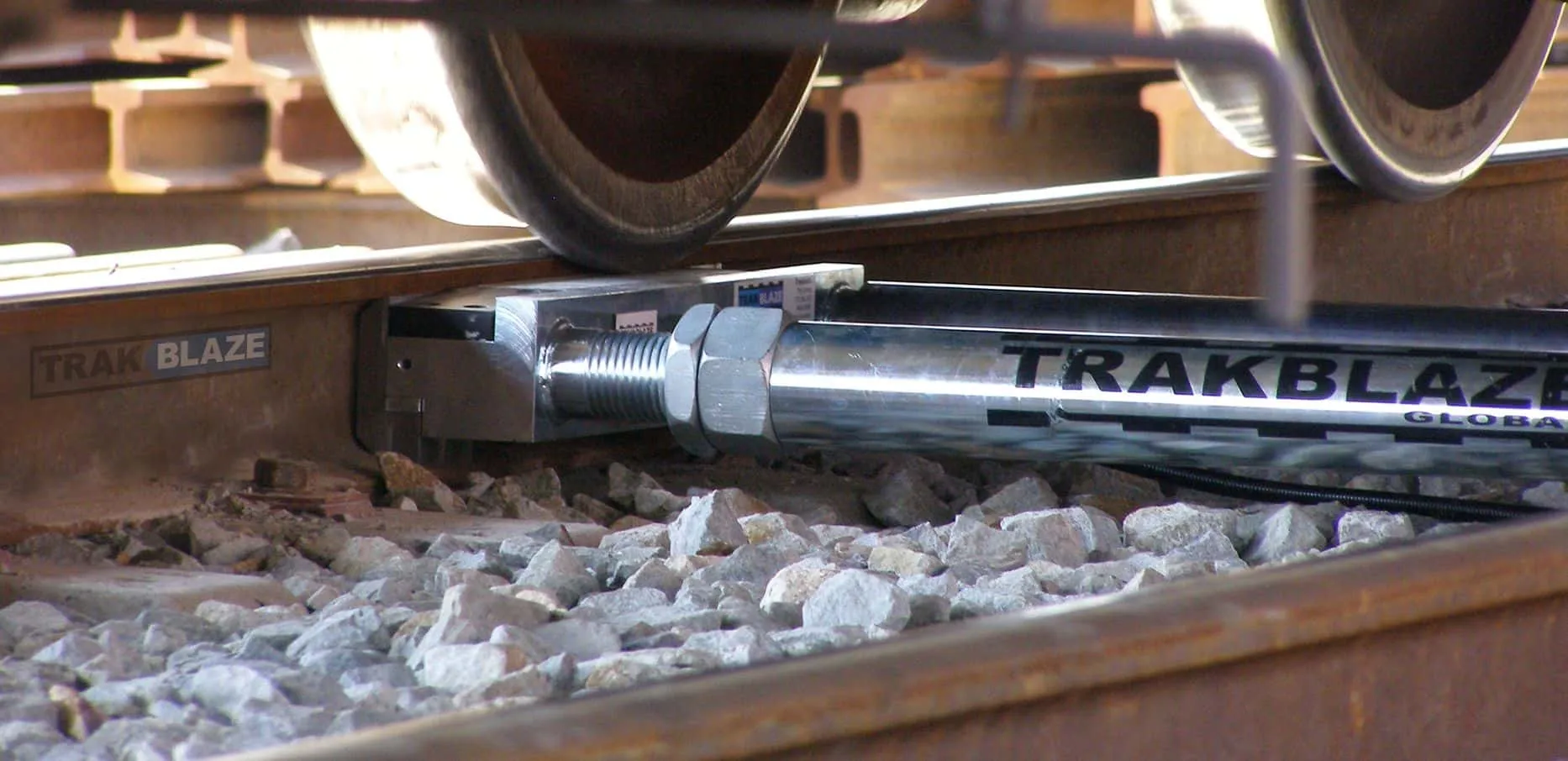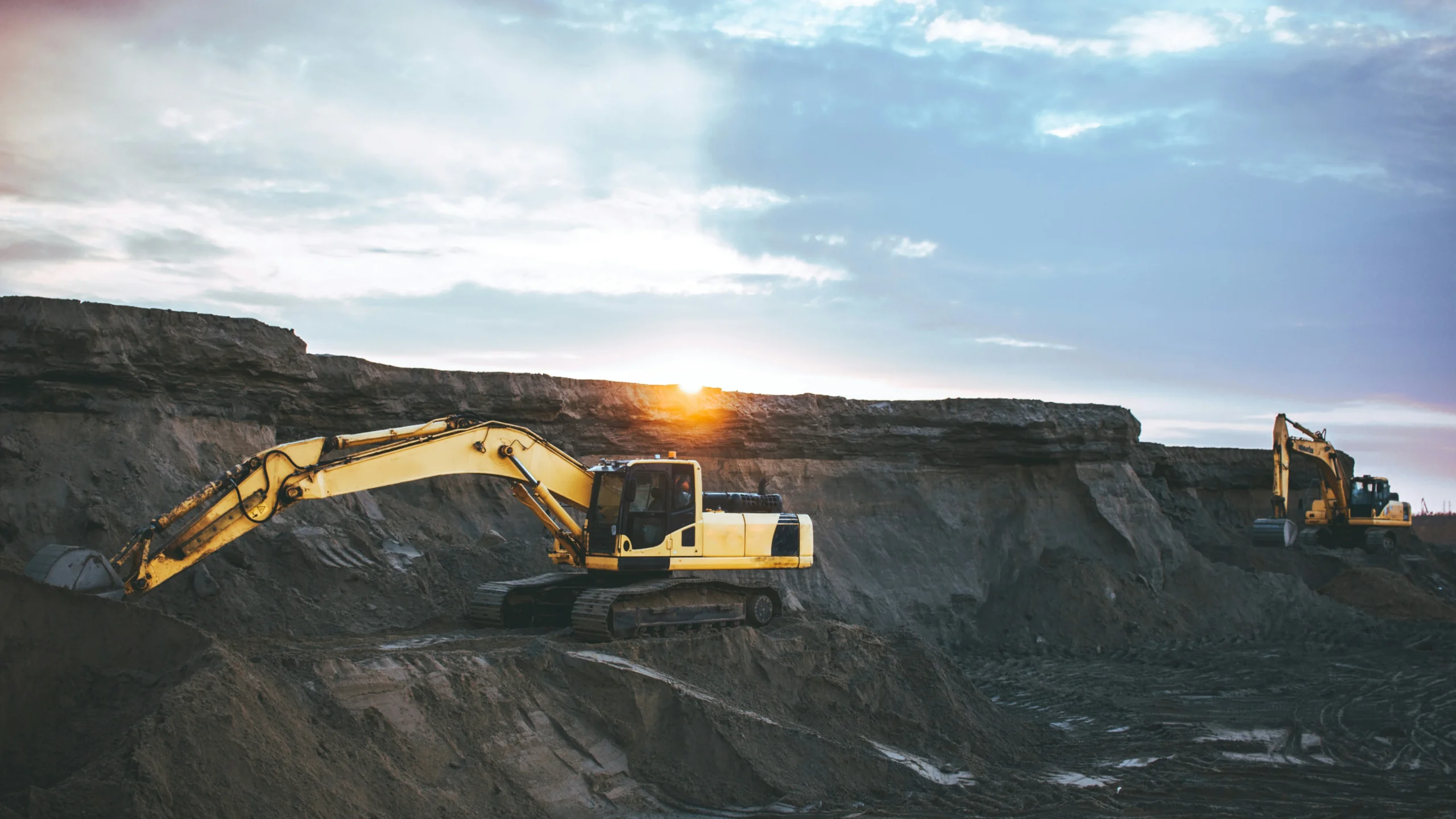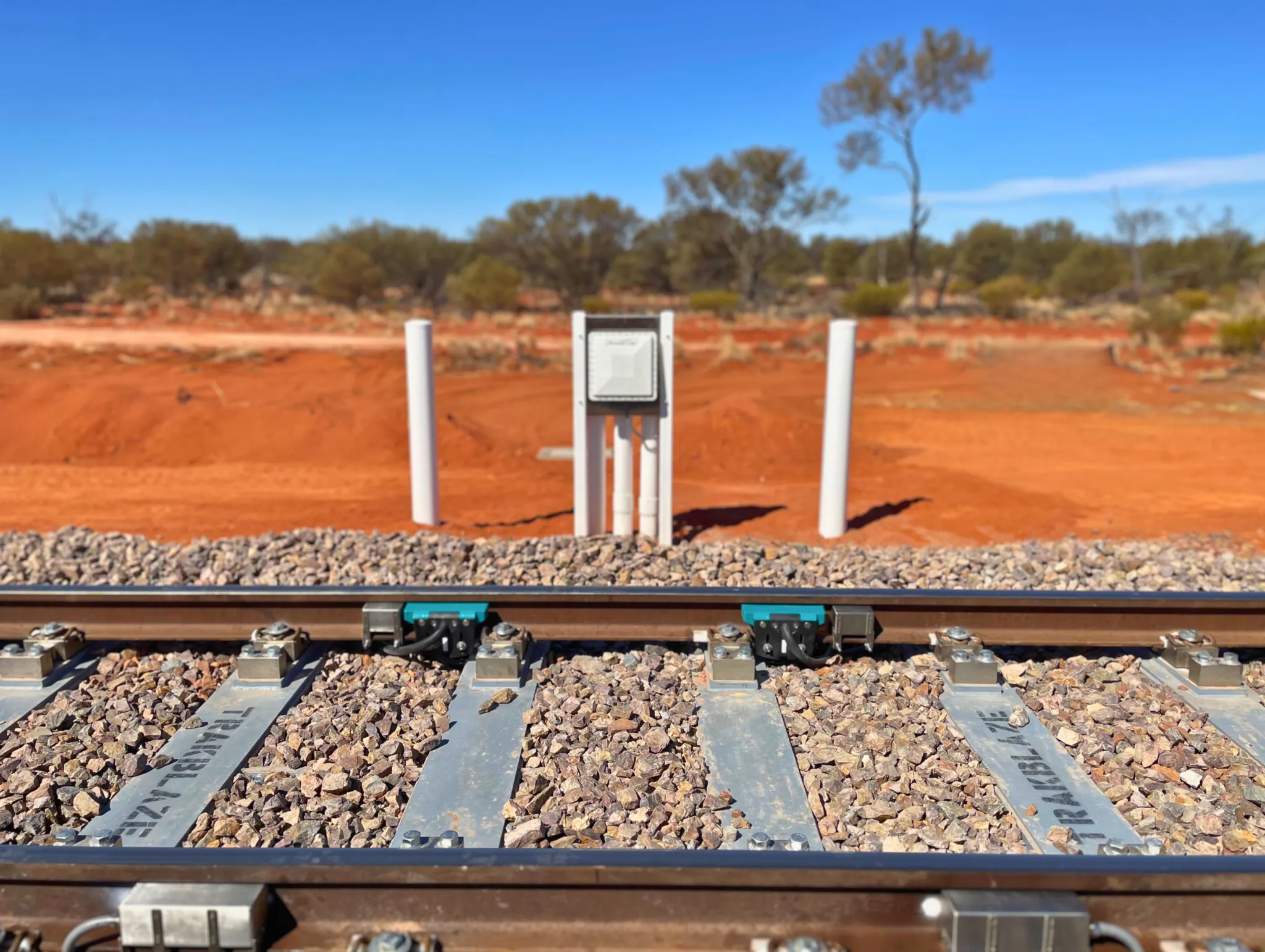At a glance
- Accuracy vs. Precision: This knowledge is key for making informed decisions in various industries.
- Load Cells: The heart of weighing systems. These are the key components that convert weight into readable data, making them the heart of modern weighing systems.
- Calibration: The key to reliable weighing results. Regular calibration is the key to ensuring accurate and legal weighing results, maintaining the reliability of weighing systems.
- Tare Weight: Subtract the container’s weight to measure cargo only.
Weighing systems play a critical role in various industries, from transportation to mining, where precision and reliability are key. However, understanding the technical jargon surrounding these systems can sometimes be overwhelming. In this guide, we will empower you with the essential terminology used in weighing technology, enabling you to better comprehend how these systems function and why choosing the right one is crucial for your operations.
Types of Weighing Scales
Different industries require different types of scales, each designed to meet specific needs. Here’s a breakdown of some common scales and their applications:
Truck Scales: These are designed for weighing heavy vehicles, commonly used in logistics and construction industries. Truck scales are built to handle high capacities and provide accurate weight measurements for compliance with regulations.
Rail Scales: Used in the rail industry, these scales are designed to weigh entire rail cars, whether stationary or in motion. They are vital for ensuring safety and compliance in rail freight operations.
Portable Scales: These are versatile and designed for on-the-go weighing needs, often used in industries like agriculture or waste management. Their portability makes them ideal for situations where permanent installations aren’t feasible.
Trakblaze, with its advanced weighing solutions, understands the diverse needs of industries like rail, automotive, and mining. Their expertise ensures that each solution is not just designed, but tailored to provide optimum accuracy and reliability, making you feel catered to and understood.
Key Terminology in Weighing Systems
Now that we’ve introduced some common types of scales, let’s dive into the core terminology used in weighing systems. Understanding these terms will help you choose the right equipment for your needs.
Accuracy vs. Precision
Accuracy refers to how close a measurement is to the actual value. In contrast, precision is about how consistently a scale gives the same result under the same conditions. Both are crucial in industries where minor discrepancies, such as pharmaceuticals or precious metals, can lead to significant consequences.
Capacity
This refers to the maximum weight a scale can measure. It’s crucial to choose a scale that meets the needs of your operation. For example, exceeding the capacity of a truck scale could result in inaccurate readings or even damage to the equipment.
Division
This term refers to the smallest increment a scale can measure. A smaller division means a more precise scale. For industries dealing with lightweight materials, such as laboratories or jewellery, a higher division is essential.
Tare Weight
Tare weight is the weight of a container or vehicle without its cargo. The tare function allows you to subtract this weight from the total, ensuring you measure only the weight of the cargo or goods. This feature is particularly useful in industries like logistics, where accurate cargo weights are critical for legal compliance.
Advanced Terminology in Weighing Technology
For those requiring more detailed insights, here are some advanced terms used in weighing systems that you should know:
Load Cells
Load cells are the heart of modern weighing systems, converting the force of the weight into an electrical signal. There are different types of load cells, such as strain gauge and hydraulic, each suited to specific weighing applications. Regular maintenance of load cells ensures longevity and consistent performance.
Calibration
Calibration ensures that a scale provides accurate readings over time. Regular calibration, either internally or via a certified professional, is vital for keeping scales accurate and legally compliant, especially in industries where accuracy directly affects profitability and safety.
Hysteresis
Hysteresis refers to the difference in readings when the same weight is measured multiple times under varying conditions. Understanding and minimising hysteresis is essential for industries that require high precision, such as aviation or manufacturing.
Repeatability
Repeatability refers to a scale’s ability to provide consistent results under identical conditions. It’s a crucial factor for industries that rely on consistent measurements, such as food production or pharmaceuticals.
Drift
Drift occurs when the readings on a scale change over time without any change in the load. This is often seen in electronic scales due to environmental factors, such as temperature changes. Ensuring that drift is minimised is essential for maintaining accuracy in long-term weighing applications.
Weighing Regulations and Standards
Many industries are subject to strict regulations when it comes to weighing systems. Compliance ensures that operations run smoothly and legally. For instance, organisations like OIML (International Organization of Legal Metrology) and NTEP (National Type Evaluation Program) set international standards for weighing equipment. These standards ensure that the scales used in trade are accurate and reliable.
Adhering to these standards not only avoids legal penalties but also builds trust with clients and stakeholders. Regular inspections and certifications are essential to meet these requirements, especially in industries like transportation, mining, and construction.
Importance of Maintenance and Calibration
Just like any machinery, weighing systems require regular maintenance to ensure they function accurately and efficiently. Regular calibration is an essential part of this maintenance process, especially in industries that rely heavily on precise measurements. Failing to maintain or calibrate weighing equipment can result in costly errors, legal issues, and even safety hazards, underscoring the urgency and importance of these tasks.
Scheduling regular inspections and servicing helps prevent unforeseen breakdowns and extends the lifespan of the equipment. Trakblaze offers comprehensive calibration and maintenance services, ensuring that its clients’ weighing systems continue to operate at peak performance.
Trakblaze’s Weighing Solutions
For over 90 years, Trakblaze has been at the forefront of providing innovative weighing solutions for industries like rail, mining, and automotive. Their products are designed to meet the highest standards of accuracy, precision, and reliability.
Whether you’re looking for in-motion weighing solutions or static scales for heavy-duty applications, Trakblaze offers a range of products tailored to meet your specific requirements. They also provide services like installation, calibration, and maintenance, ensuring your equipment remains compliant with industry standards.
Explore our range of weighing solutions and discover how our expertise can benefit your operations.
Understanding weighing terminology is crucial for selecting and maintaining the right equipment for your business. From basic terms like accuracy and tare weight to advanced concepts like hysteresis and drift, knowing the language of scales will help ensure that your weighing operations are efficient, accurate, and compliant with regulations.
With the right partner, like Trakblaze, you can be confident that your weighing systems will meet the demands of your industry and provide reliable results for years to come.




